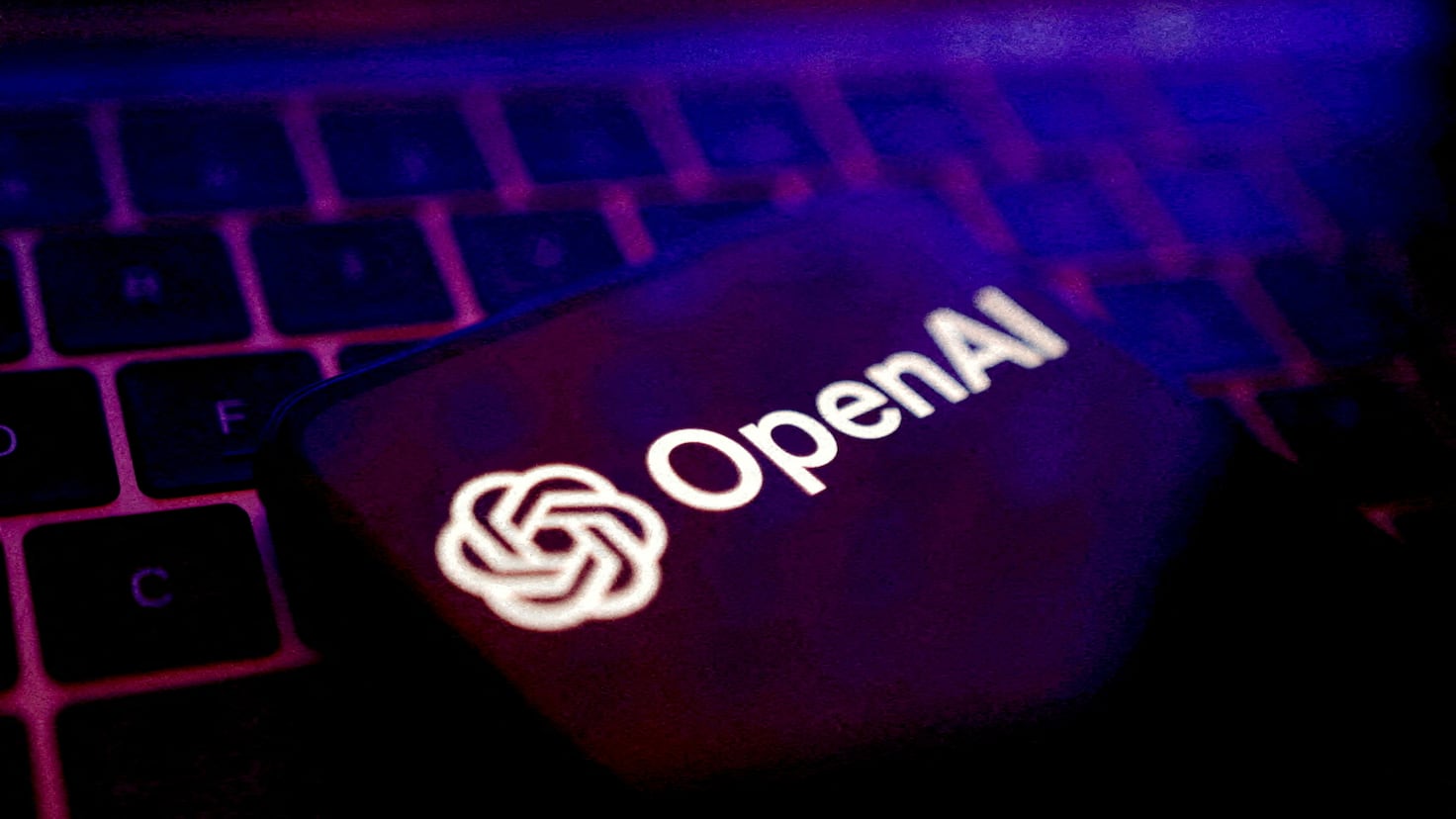Neuralink's Brain Implant Faces Early Setback: Patient Experiences Initial Complications

Elon Musk's ambitious Neuralink project, aiming to seamlessly integrate human minds with technology, has encountered its first hurdle. Just over a month after Noland Arbaugh, the pioneering patient, received the company's brain implant, reports of initial complications have surfaced, prompting a wave of discussion and scrutiny within the scientific community and beyond.
Arbaugh, a 29-year-old man with quadriplegia, gained global attention as the first human to undergo the Neuralink procedure. The implant, a tiny chip designed to be surgically embedded in the brain, promised to restore motor function and offer unprecedented control over digital devices through thought alone. The initial demonstrations were hailed as a breakthrough, showcasing Arbaugh's ability to play video games and navigate a computer interface using only his mind.
However, recent updates shared by Neuralink and Arbaugh himself on social media indicate that the system has experienced some challenges. While the core functionality remains intact, Arbaugh reported a decrease in the number of controllable signals, suggesting a potential degradation in the implant's performance. Furthermore, he mentioned that the device required more frequent recharging than initially anticipated. These early issues, while not catastrophic, highlight the inherent complexities and risks associated with pioneering neurotechnology.
What Went Wrong? The precise cause of these complications is still under investigation. Experts speculate that factors such as tissue reaction around the implant, signal degradation over time, or software glitches could be contributing to the observed issues. Neuralink has acknowledged the problems and stated that they are actively working to diagnose and resolve them. They emphasized that this is a learning process and that setbacks are to be expected in the development of such cutting-edge technology.
The Broader Implications This setback serves as a crucial reminder of the significant challenges that lie ahead in the quest to merge human brains with machines. While the long-term potential of Neuralink and similar technologies is immense—offering hope for individuals with neurological disorders, enhancing human capabilities, and potentially revolutionizing the way we interact with the world—the path to achieving these goals is fraught with technical hurdles and ethical considerations.
The scientific community is closely monitoring the situation, recognizing that the lessons learned from Arbaugh's experience will be invaluable in refining Neuralink's technology and ensuring the safety and efficacy of future implants. Despite the current challenges, Musk remains optimistic about the future of Neuralink and its potential to transform human life. The company is committed to transparency and will continue to share updates on its progress as they work towards overcoming these initial obstacles.
Looking Ahead The future of Neuralink hinges on its ability to address these early complications and demonstrate the long-term viability of its brain implant technology. Further research, rigorous testing, and ongoing refinement will be essential to realizing the full potential of this groundbreaking innovation. The world watches with both excitement and caution as this ambitious project continues to unfold.






